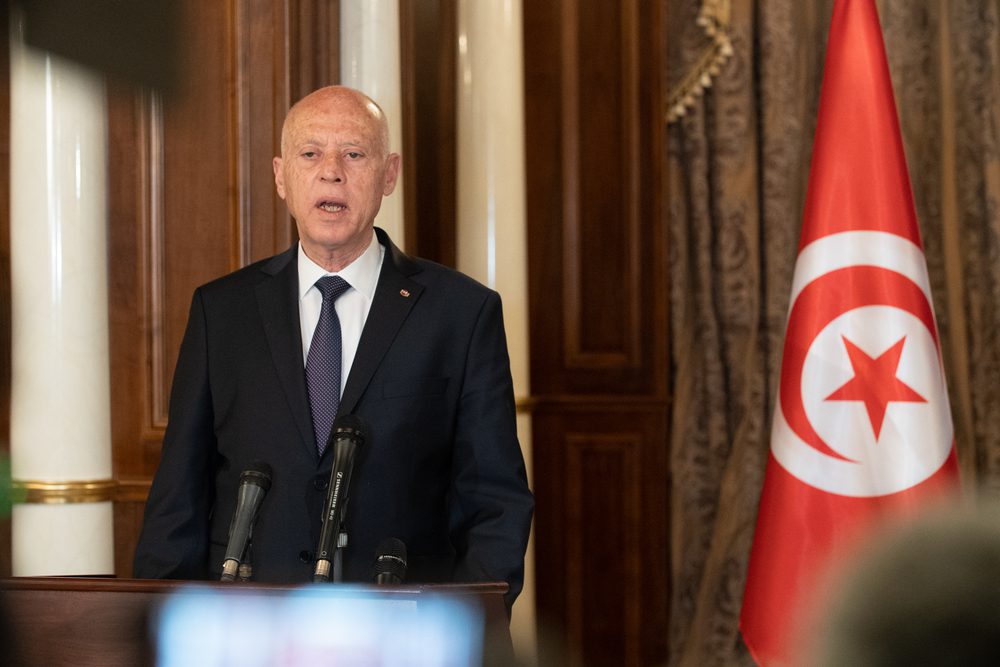
Tunisia’s recent referendum on July 25th resulted in a favorable result for a proposed constitutional reform. However, turn-out was low, with about a quarter of the electorate participating.
The reform is characterized by a significant strengthening of the executive powers of the country’s presidential office. The initiative was spearheaded by Tunisian President Kais Saied, who dismissed the country’s prime minister about a year ago, a move that accompanied the dissolution of the parliament.
Critics describe the reform as weakening the country’s democratic institutions, with some groups having boycotted the referendum altogether, and even accusing the authorities of voter fraud.
For its part, the EU High Representative made a critical declaration on the referendum, drawing attention to the low voter turnout, implying that a future political transition is called for, and linking Tunisian politics to the war in Ukraine:
The European Union reaffirms that it is ready and willing to provide political support for a successful democratic transition. It will also continue to support the Tunisian people as they respond to the major socio-economic and financial challenges facing the country, which have been aggravated by the impact of the Russian aggression against Ukraine on food and energy security and which call for urgent structural reforms.
It now remains to be seen whether President Saied’s leadership will fortify the new Tunisian state structure, and whether the constitutional change he has successfully carried out will lead to stability in the country that birthed the Arab Spring.
